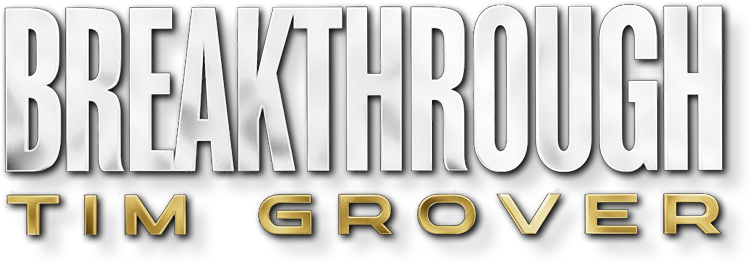It’s the nightmare of every youth coach: The team banquet at the end of a 2-14 season. The parents are glaring at you, the kids are texting each other under the table about going home to play Xbox, and you’re giving out 16th place trophies for participation and wondering what the hell you can possibly say.
So you say things like this:
“We worked so hard.” Translation: It’s not my fault we lost, I scheduled plenty of practices.
“These are really good kids.” Translation: It’s not my fault we lost, there’s not an athlete in the whole bunch.
“For a team with a lot of young first-time players, we did great.” Translation: It’s not my fault we lost, no one here knows how to play this sport.
“We had a lot of fun.” Translation: It’s not my fault we lost, they were more excited about the postgame snacks than the game.
“They started as individuals, and came together as a team.” Translation: It’s not my fault we lost, they had a blast at the team pizza party.
“We reward good effort.” Translation: It’s not my fault we lost, I spent a fortune on these stupid participation trophies.
Sound familiar? Out of other ideas?
How about this:
It may not be my fault, but it’s my responsibility.
That’s all. Whether you win or lose, it’s not just about the hard work; hard work is expected. It’s about improvement, not just physically but mentally as well. Did your team get better over the course of the season? Did your players develop better skills, better attitude, better grasp of the sport?
If not, you have to hold yourself accountable and ask why.
Look, I get it…sometimes it’s on the players. I have three rules: Show up, work hard, and listen. If they don’t show up, they don’t work hard, they don’t listen, guess what? They don’t play. But if your players are doing those three things, and they’re still not improving, it’s your responsibility to find out why, and what you can do about it.
Five Powerful Traits of Successful Coaches
- It’s easy to focus on what a player can’t do. The challenge is figuring out what players CAN do, and put them in situations where they can succeed and contribute. Your team may not be loaded with enough talent to win championships—most aren’t. But it’s your job as a coach to get the most out of your players, and motivate them to get the most out of themselves. You can’t achieve that by planting them on the bench. Give them opportunities to succeed and meet the challenge.
- Are your practices effective? Are you teaching your players or just making them tired? Hard work isn’t the same as smart work. The length of your practice is meaningless if the quality of the work isn’t getting results. I’d rather see a team practice 45 minutes and accomplish something rather than hold the players hostage for two hours just to say you had a long practice.
- If it’s important to you to be friends with the parents and/or players, you cannot be an effective coach. Everyone believes they deserve the most playing time, the best position, the most credit. Make those decisions based on actual results and improvement, and you will rarely be wrong. Be their ally, not their friend.
- When your players look at you, do they see someone who looks like an authority on sports performance? You don’t have to fit in your high school uniform but you can’t give the impression the only thing you sprint to and defend is the buffet line. Before a kid gets to know you as a coach, their first impression is visual. If you can’t show them you care about your own physical conditioning, how can you teach them to care about theirs?
- It’s not just a job. It your job. For the time you have them those are not just kids, those are your kids. Do they call you coach because they don’t remember your name, or because you’ve earned their respect? What do you remember about your coaches when you were a kid? That they were nice? Or that they taught you to excel? Nice is fine, but how many people have the privilege of being asked to help a child improve and succeed at something, however big or small or big that improvement may be?
Plain and simple, a coach’s job is to teach. Not necessarily to teach the specific sport, but to teach the importance of progress and improvement. If you won two games last season, and won four games this season, that’s improvement. If a kid missed 20 free throws last year but only missed three this season, that’s improvement. Let your bench players into the game (especially when you have big lead) so you can see who’s ready to play, who’s been paying attention, who’s made progress.
And above all else, find ways to improve as a coach. We can’t ask our players to improve if we can’t ask the same of ourselves.
–TG



